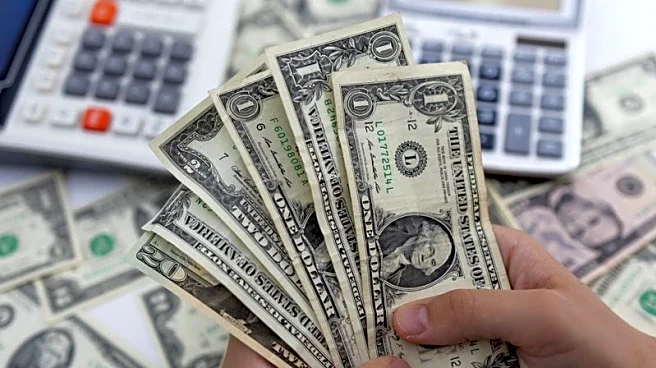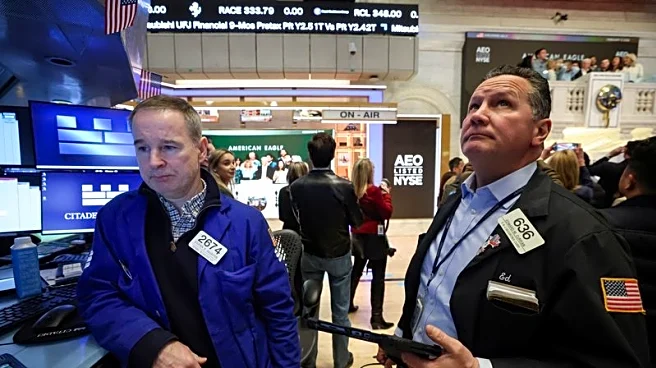Rapid Read • 6 min read
The global luxury sector is experiencing significant challenges, including declining sales and new tariffs on exports to the United States. Bernard Arnault, CEO of LVMH, reports a 22% drop in net profit and a 4% decrease in sales, attributing these issues to economic headwinds and geopolitical difficulties. A recent agreement between President Trump and European Commission President Ursula von der Leyen imposes a 15% tariff on luxury exports to the U.S., impacting brands like Louis Vuitton and Dior. Despite these challenges, luxury conglomerates like Kering and Hermès are adopting strategies to manage the tariffs, with some considering price increases. The tariffs could also affect consumer confidence globally, particularly in the U.S. and China, which are significant markets for luxury goods.
AD
The imposition of tariffs on luxury goods exported to the U.S. is crucial as it affects a significant portion of the luxury market's revenue. Brands like LVMH and Kering are adapting to these changes, which may lead to price adjustments and strategic shifts in production and sales. The tariffs could influence consumer behavior, potentially driving U.S. consumers to purchase luxury items abroad due to price differentials. Additionally, the economic challenges faced by the luxury sector highlight the broader impact of geopolitical tensions and currency fluctuations on global markets. These developments may prompt luxury brands to reassess their strategies and explore new markets to mitigate the effects of tariffs and declining sales.
AD
More Stories You Might Enjoy













